-

Carbon Monoxide Poisoning: Teaching EMS Providers How to Track the ‘Silent Killer’
If you have yet to respond to a case of carbon monoxide poisoning, you eventually will. Learn some tips on how to teach the signs and symptoms. -

How the U.S. Department of Defense Prepares its EMS Students for NREMT Exams and the Field
U.S. Department of Defense EMS instructors discuss how to train EMTs and Paramedics who go on to care for victims on the front lines of a faraway war or handle a situation involving an exploded IED. -

Turning the Tide on Tragedy: The Importance of Teaching Drowning Intervention Skills Year-Round
EMS professionals trained in the right drowning and water incident preventions can play a significant role in a drowning victim’s long-term well-being. Read on to learn more. -
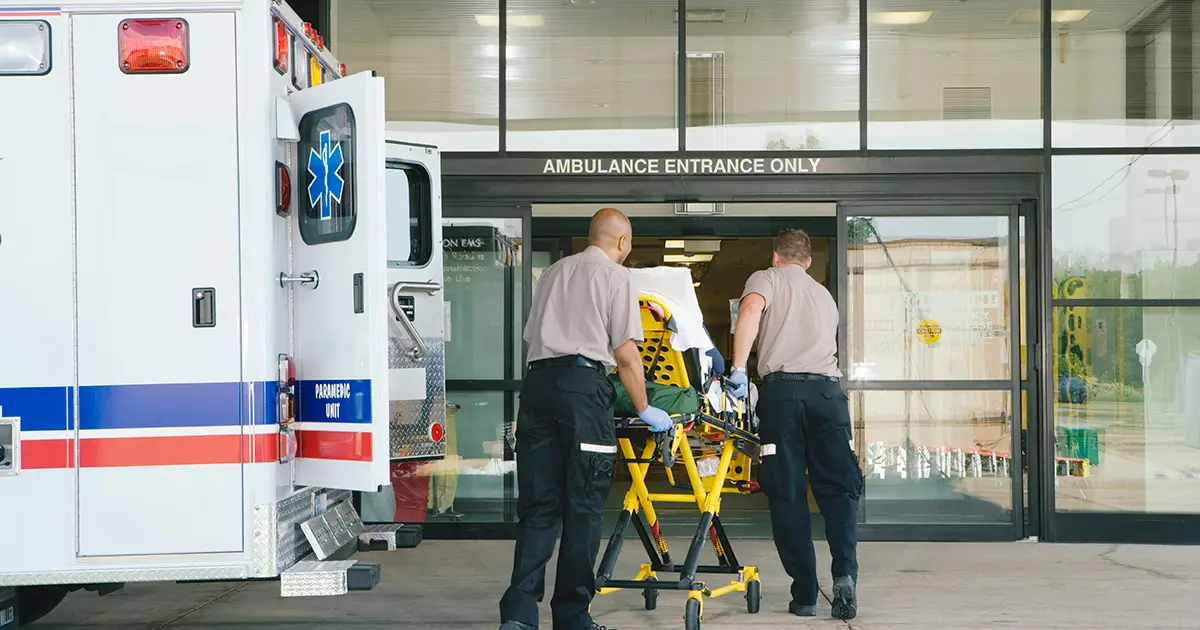
Training Officer: Great Pediatric Prehospital Training Instills Confidence in First Responders
Assessing and treating a sick or injured child is different from assessing and treating an adult. But the best pediatric prehospital training doesn't just teach EMS what to do, it gives them the confidence to respond to any call. -

Why a Focus on Mental Health and Communication is Vital to Job Performance in the Fire Service
It is widely understood that firefighters face challenges in their profession that can impact their mental health. Less understood is the emergence of firehouses creating cultures of support. -
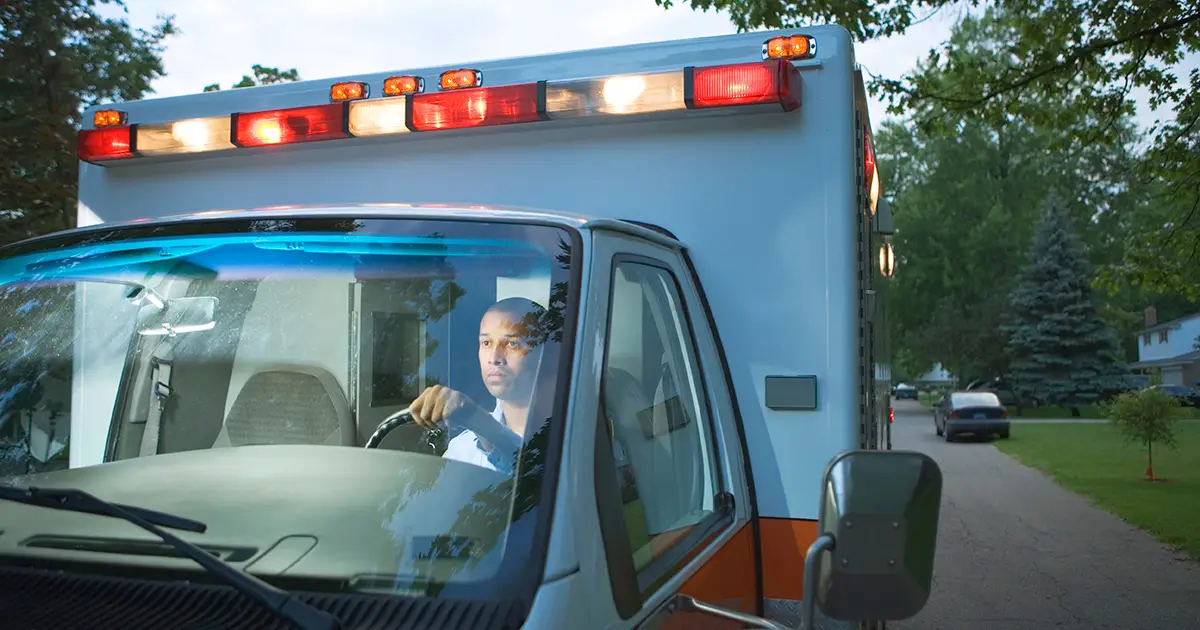
Training EMS to Respond to an Active Shooter Incident
EMS has a critical role to play during a mass shooting incident. Here's how to train and coordinate in advance. -
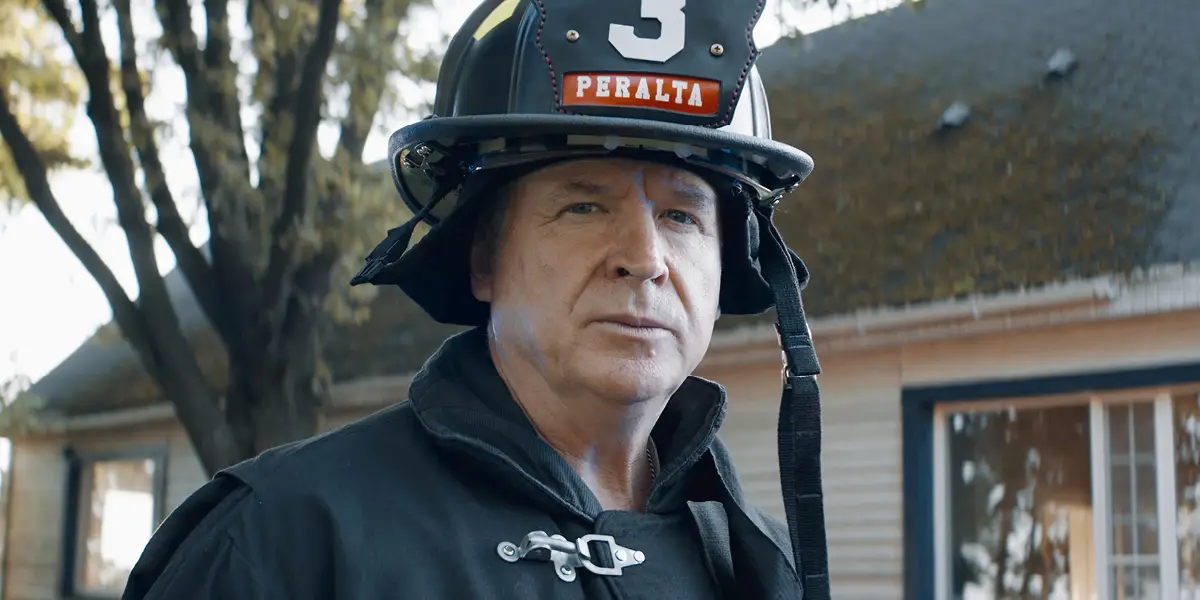
‘Clean is the New Salty:’ Preventing Cancer in Firefighters Starts with Better Training
The IARC classified the occupation of firefighting in Group 1, which defines firefighting as “carcinogenic to humans.” Learn how fire departments are working to teach cancer prevention. -
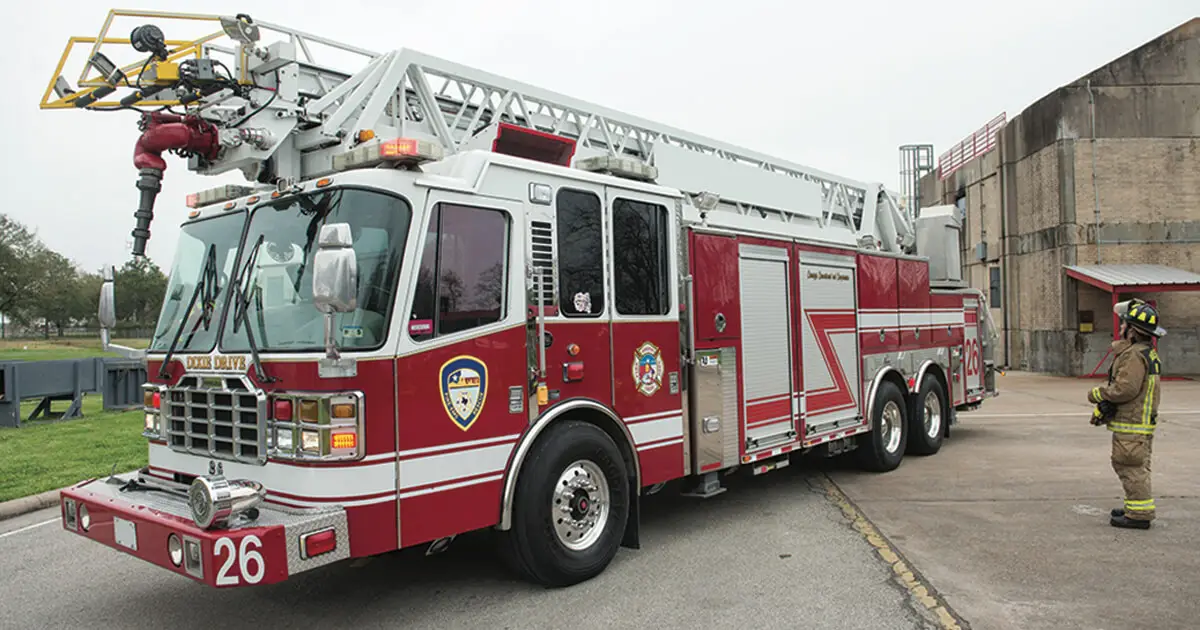
NFPA 1010: What Fire Instructors Need to Know
Fundamentals of Firefighter Skills and Hazardous Materials Response, Fifth Edition, provides new content that meets the intent of NFPA 1010, 2024 Edition Standard on Professional Qualifications for Firefighters that includes Chapter 6: Firefighter I (NFPA 1001) and Chapter 7: Firefighter II (NFPA 1001). -
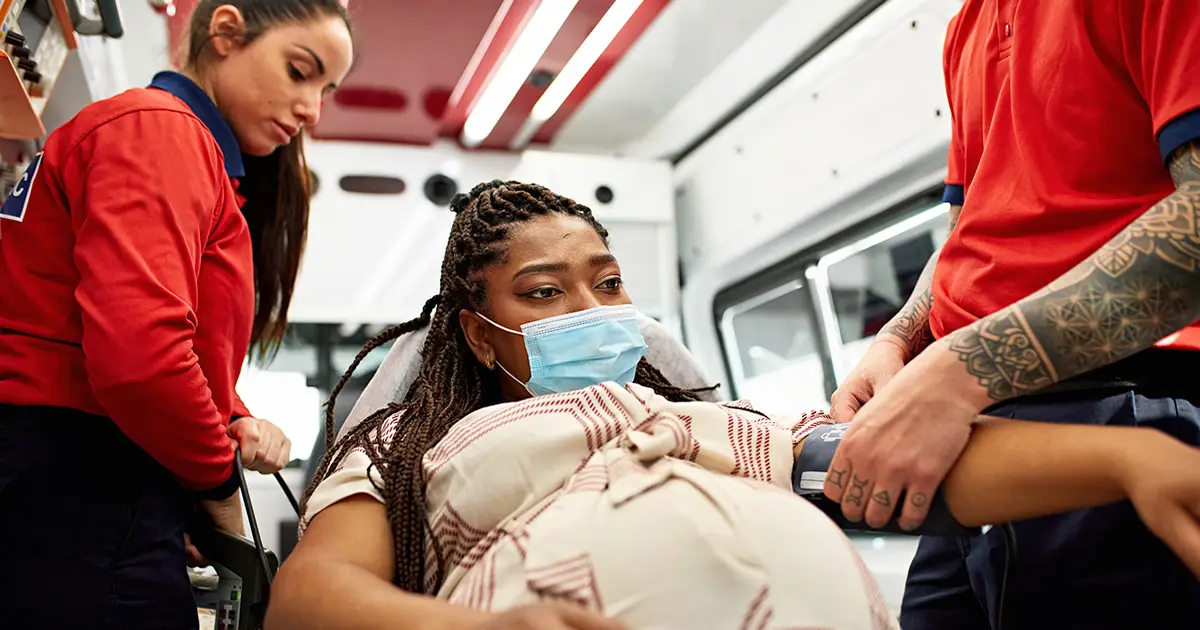
Addressing Bias in Prehospital Pain Management: A Call to EMS Educators
Kim McKenna, PhD, CEN, RN, EMT-P, co-author of Sanders’ Paramedic Textbook, Sixth Edition, discusses how EMS instructors should address disparities in pain management. -

Enhancing Firefighter Safety Means Teaching Community Risk Reduction
Community Risk Reduction is a process to identify and prioritize local risks, and make strategic investment of resources to reduce their occurrence and impact. Learn how to teach CRR in the classroom.
-
Customer Spotlight Q&A: Jason Marquez, EMT-P President and CEO, First Response Training Group Orlando, Florida
Jason Marquez, EMT-P, President and CEO, First Response Training Group Orlando, Florida, talks about his experience using the Emergency Care and Transportation of the Sick and Injured, Twelfth Edition and Nancy Caroline’s Emergency Care in the Streets, Ninth Edition.Full story
-
ECSI Tutorial Series (3): How to Create and Submit a Course Roster
Hey there, ECSI Education Center coordinators and instructors! Do you know how to issue your course completion cards? Let's find out!Full story
-
Fisdap Instructor Tutorial: How do I view which preceptors have completed the training?
To see a list of who's completed the training, go to the orange Reports tab and click on the Accreditation link.Full story
-
Medical Director Discusses the Importance of Evidence-Based Content for EMS Recertification
Evidence-based medicine uses the scientific method to organize and apply current data to improve health care decisions. Despite its ubiquitous usage in health care, it is relatively new to prehospital care. Is it time for a change?Full story